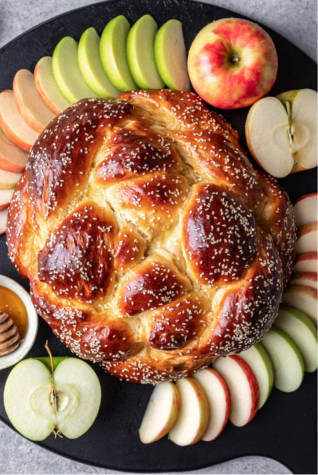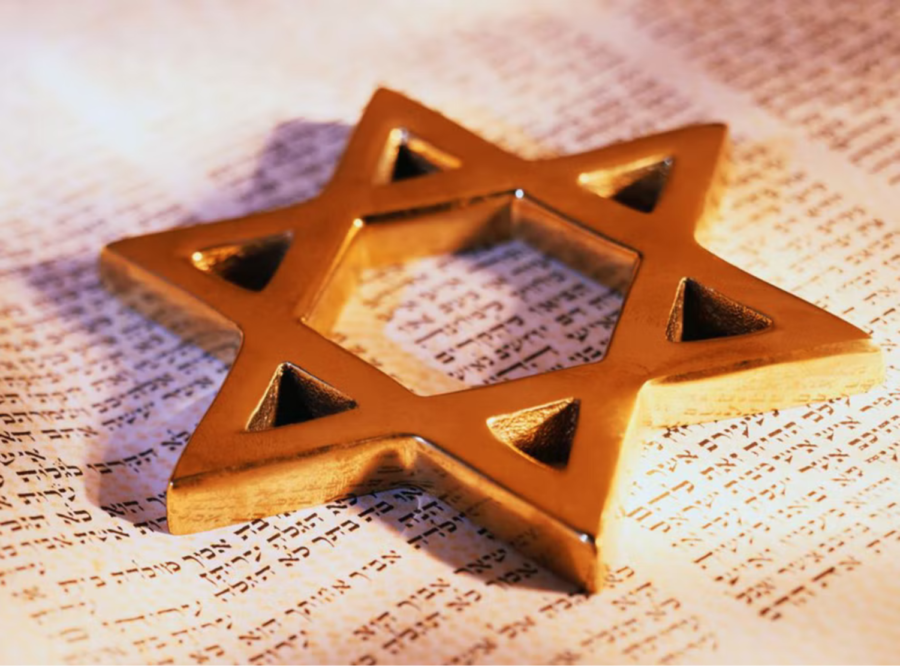Understanding Rosh Hashanah and Yom Kippur
Students know about the days off most schools give for Rosh Hashanah and Yom Kippur, but are you aware of the importance of these days for those who celebrate? The holidays are staples in Jewish religion and symbolize important moments in its history. Both are part of a ten day period called The Ten Days of Awe, a time of reflection and repentance, during the month Tishri.
Rosh Hashanah is commonly thought of as the Jewish New Year. It is the celebration of God creating the world and lasts for two or three days. During the holiday, most families will celebrate by going to services at temple and feasts with their loved ones. Traditional Rosh Hashanah celebrations include foods, such as apples, wine, and challah, a type of sweet bread. Many foods served during Rosh Hashanah represent different parts of the new year. For example, apples and honey are eaten to give you a sweeter year. During Rosh Hashanah, some families blow a Shofar, an instrument typically made out of a rams horn, which was used to call people to prayer in ancient times. Nowadays, it is used as a symbol to welcome in the new year.

Photo courtesy of yourhomemadehealthy
On the days between Rosh Hashanah and Yom Kippur, there is a tradition called Tashlik where pieces of bread are cast into a body of water to physically shed yourself of your sins. It can be done at any time between the start and end of the ten days. At the end of the Ten Days of Awe is Yom Kippur, the day of atonement. Those who celebrate it fast from sundown the night before until sundown the following day. The day is meant for Jewish people to ask God for forgiveness for what they have done wrong throughout the past year and remind themselves not to repeat those mistakes. The whole day is spent in the temple fasting and atoning for your sins. At the end of the day, the fast ends with a meal consisting predominantly of dairy, which is a service called the Break Fast.
People celebrate these holidays with their family and friends, as they look back on the past year and hope for a better one. Hopefully, the next time you hear about either Rosh Hashanah or Yom Kippur, you will think about what they mean and appreciate the rich culture and traditions of the Jewish community.






